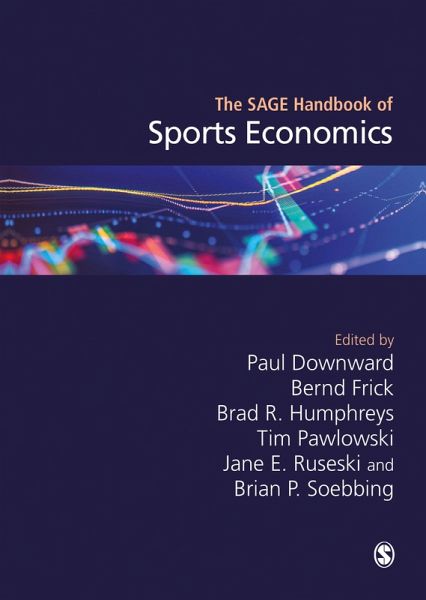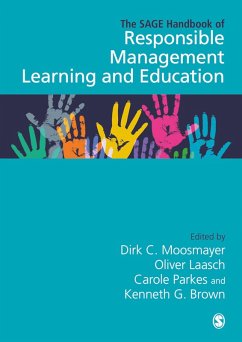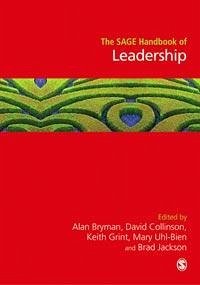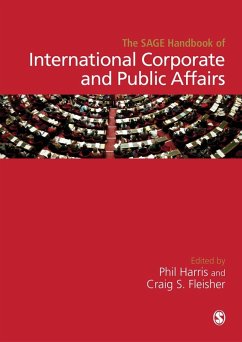
The SAGE Handbook of Sports Economics (eBook, PDF)
Versandkostenfrei!
Sofort per Download lieferbar
88,95 €
inkl. MwSt.
Weitere Ausgaben:

PAYBACK Punkte
44 °P sammeln!
Sports economics is a well-established and dynamic area of study; a key component in the fields of sport management, sport science and sport studies, as well as in other areas of economics, finance and management. Covering amateur to professional sports, individual events and organised tournaments, this Handbook provides an authoritative contribution to the understanding of sport in the economy.The editors of The SAGE Handbook of Sports Economics have brought together a global team of respected scholars to create this benchmark collection of insights into sports economics. Each chapter include...
Sports economics is a well-established and dynamic area of study; a key component in the fields of sport management, sport science and sport studies, as well as in other areas of economics, finance and management. Covering amateur to professional sports, individual events and organised tournaments, this Handbook provides an authoritative contribution to the understanding of sport in the economy.
The editors of The SAGE Handbook of Sports Economics have brought together a global team of respected scholars to create this benchmark collection of insights into sports economics. Each chapter includes a study of a specific context in which issues arise in sports economics, a critical presentation of its main theoretical contributions, an overview of current research findings, and an outline of enquiry for future research.
PART I: The Nature and Value of the Sports System and Economy
PART II: Amateur Sports Participation, Supply and Impact
PART III: Professional Team Sports
PART IV: Professional Sports Leagues
PART V: Sports Events and their Impacts
PART VI: Individual Sports
PART VII: Future Research
The editors of The SAGE Handbook of Sports Economics have brought together a global team of respected scholars to create this benchmark collection of insights into sports economics. Each chapter includes a study of a specific context in which issues arise in sports economics, a critical presentation of its main theoretical contributions, an overview of current research findings, and an outline of enquiry for future research.
PART I: The Nature and Value of the Sports System and Economy
PART II: Amateur Sports Participation, Supply and Impact
PART III: Professional Team Sports
PART IV: Professional Sports Leagues
PART V: Sports Events and their Impacts
PART VI: Individual Sports
PART VII: Future Research
Dieser Download kann aus rechtlichen Gründen nur mit Rechnungsadresse in A, D ausgeliefert werden.













